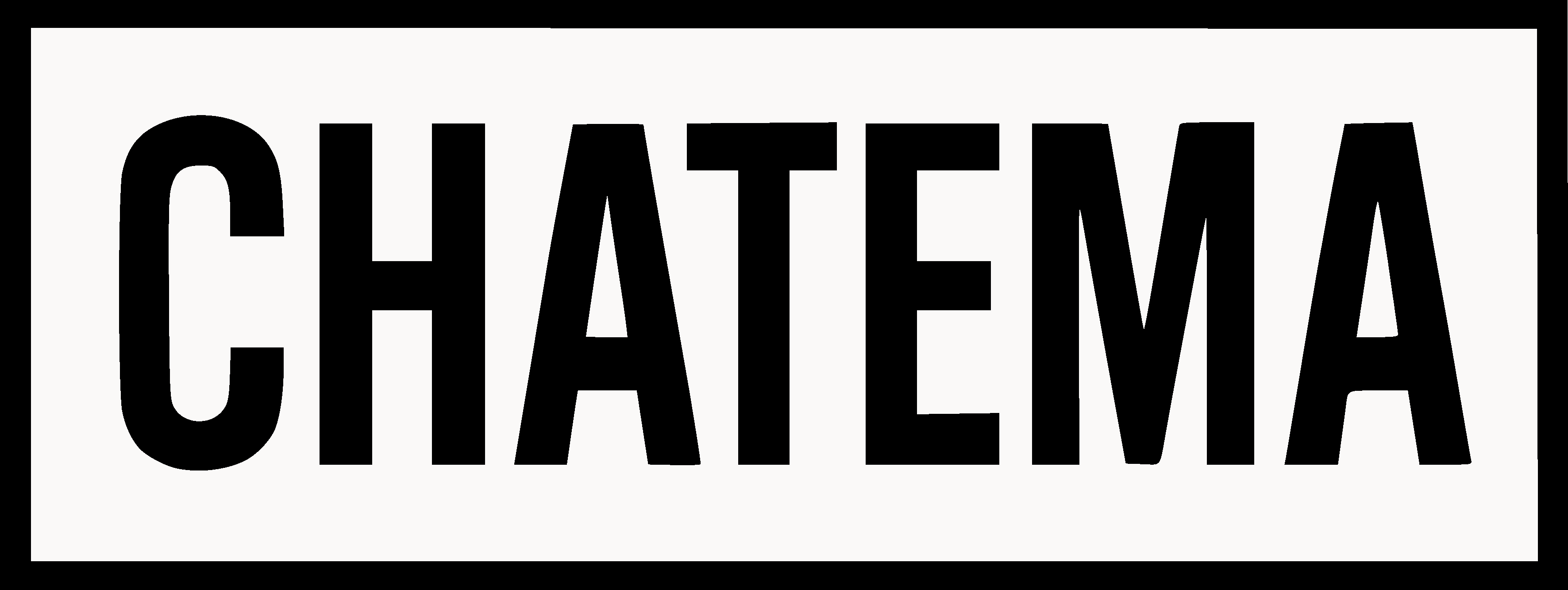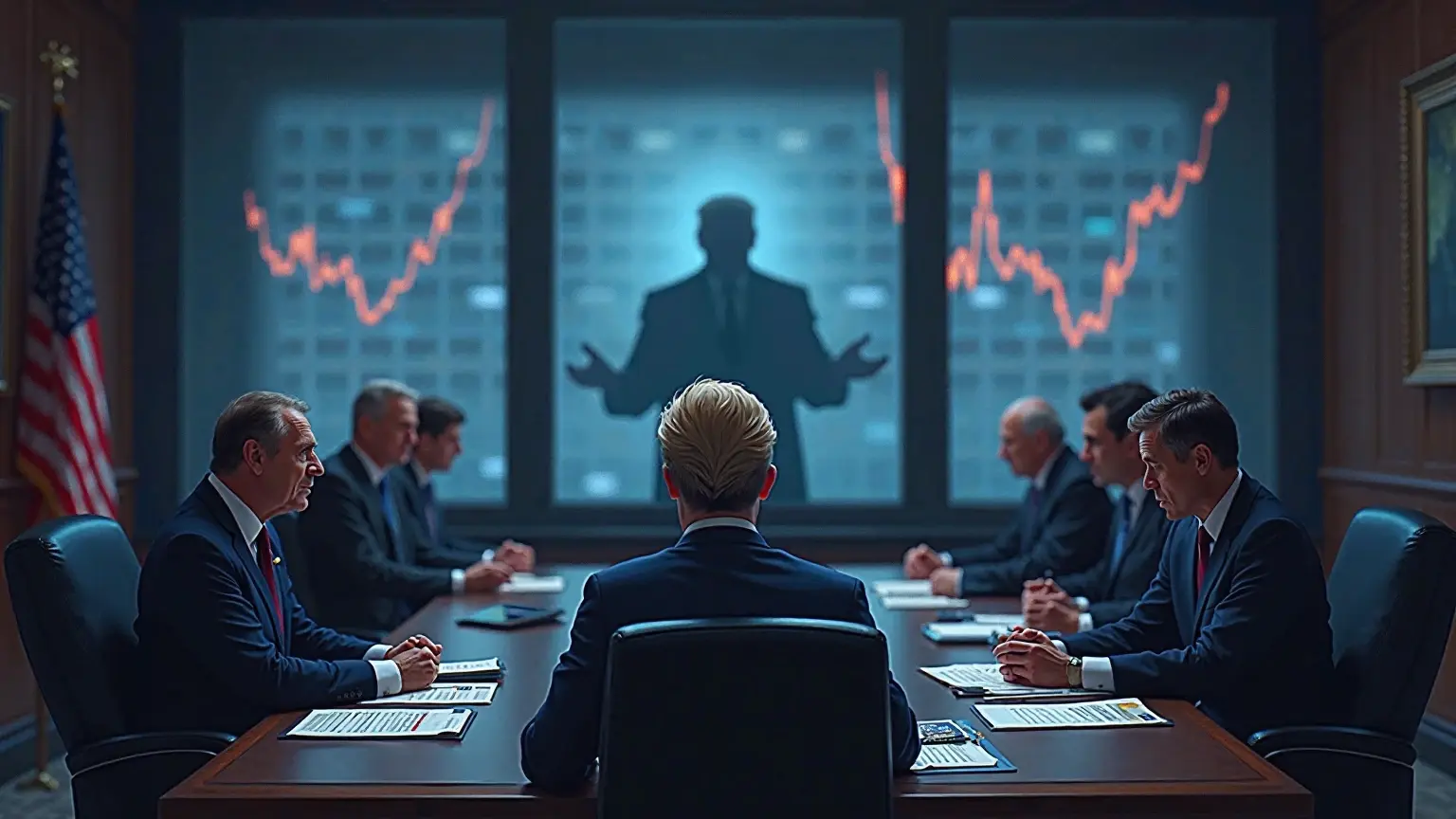As inflation anxieties resurface and political voices grow louder, the Federal Reserve is under mounting pressure ahead of its upcoming rate decision. The stakes for monetary policy and institutional independence have rarely been higher.
Political Undercurrents Shake Fed’s Independence
The Federal Reserve is entering its policy meeting amid unusually strong political pressure, particularly from factions within the Republican Party calling for immediate rate cuts to boost consumer confidence before the 2026 midterms. Former President Donald Trump has publicly criticized the Fed's caution, suggesting it’s 'choking growth.' These statements, echoed by GOP-aligned lawmakers, have intensified debate about the Fed's autonomy at a critical economic juncture.
Spoiler
Even if the Fed holds rates steady, forward guidance may become the real battleground, signaling how much room the central bank feels it has left to maneuver.
Balancing Inflation Control and Market Confidence
Core inflation remains stubborn at 3.1%, still above the Fed’s 2% target. At the same time, economic indicators show moderating growth and tightening credit conditions. The central bank must now weigh short-term political heat against long-term credibility. Any hint of yielding to external influence could shake market faith in the Fed’s independence—a cornerstone of its effectiveness.
Opinion
While the political spotlight is intense, the Fed’s real test lies in maintaining trust. Yielding to campaign-season pressure could set a dangerous precedent.
Conclusion
The Federal Reserve stands at a crossroads: uphold its independence or risk losing control over the inflation narrative. Its next move will echo beyond markets.
Frequently Asked Questions
- Why is the Fed under political pressure?
- Key political figures, including Donald Trump, are pushing for rate cuts to stimulate growth ahead of the 2026 elections.
- What happens if the Fed appears politically influenced?
- Markets may lose faith in its independence, making future policy actions less credible and possibly destabilizing inflation expectations.





Expert Comment